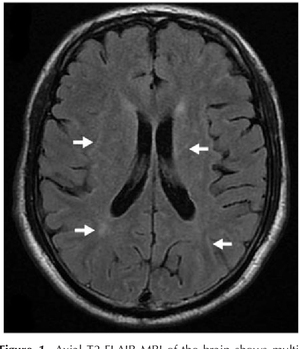Snail-transmitted rare meningitis ups brain disease risk, shows Indian study

A recent study conducted by Amrita Hospital in Kochi reveals the prevalence of Snail-transmitted eosinophilic meningoencephalitis (EM) among children in south India, resulting in possible death or permanent brain and nerve damage. The condition is linked to parasitic infections, particularly the rat lungworm found in snails.
According to Prof K.P. Vinayan, Head of the Department of Paediatric Neurology at Amrita Hospital, there has been an increase in EM cases among children in the region, emphasizing the need for early identification and appropriate investigations. The key to prevention lies in maintaining cleanliness and hygiene, especially in snail-infested areas.
The study highlights the importance of healthcare professionals, parents, and policymakers to address this emerging threat. Dr. Vaishakh Anand from the Department of Paediatric Neurology at Amrita Hospital notes the increase in EM cases aligns with the rise in giant African Snail population, posing a heightened risk to children living in regions abundant with these snails.
Symptoms of EM, such as fever, headache, irritability, squint, and early papilledema, were commonly observed in affected children. The study found that timely identification and proper management, including treatment with albendazole and oral steroids, led to all children recovering without neurological deficits. The follow-up period showed no reported recurrences, indicating good outcomes with timely intervention.










